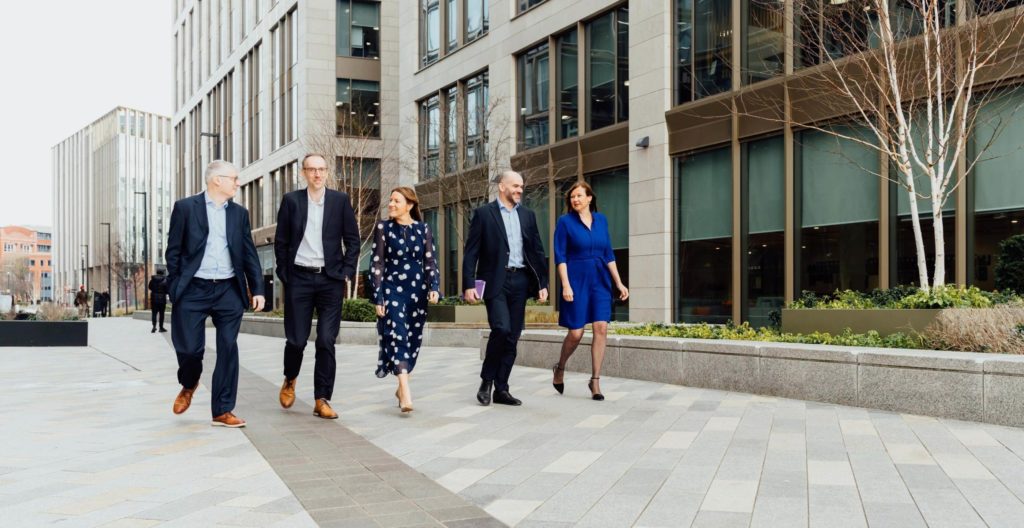
Not All “Location, Location, Location”…. Top tips for Tenant’s Taking a Commercial Lease
Monday 26th September 2022
Whether it is your first bricks and mortar sales space or part of a strategic expansion, securing the best deal on your new business premises makes commercial common sense.
You’ve found the perfect location and the headline terms look good. Here are some key points to consider before signing your commercial lease.
Commercial lease: What is it going to cost?
Rent
This is the most obvious direct cost in taking a commercial lease. Can you get a rent free period from the Landlord? These are a common incentive for tenants. They help ease the cash flow pressure in the early months and can cover the period of any necessary ‘fit out’ works to the property before you open for trade. Remember – if you don’t ask, you don’t get!
Business Rates
Tenants are usually responsible for business rates. Enquiries should be made of the landlord and/or the local rating office to determine the exact liability. The usual annual uplift in rates has been on hold for the past two years due to the Covid pandemic. Coupled with the Bank of England’s inflation predictions, means we are likely to see big rates rises in 2023 unless the Government steps in again.
Insurance
Typically, landlords take out insurance for premises and re-charge this to tenants under the commercial lease. Whilst it is important to check that any insurance cover is adequate, you should also ask for any policy to be competitive and on reasonable rates. This places an obligation on the landlord to “shop around” and ensure that you aren’t paying over the odds.
Utilities
The cost of energy for businesses predicted to rise more than fourfold in autumn 2022. It is important to consider these costs as part of the package of the letting package. Can your landlord help to improve the energy efficiency of the property before taking the commercial lease?
Service Charge
Where the property is part of a larger building / estate the landlord will provide certain services. This could include maintenance, lighting, cleaning of common or shared parts. You should check the commercial lease carefully for what costs are recoverable. Our article, “MEES & EPC Rules – Are you ready for 2023” highlights current attempts by Landlord’s to pass on costs of building improvements to tenants. Agreeing to cap service charge is the best way to limit these costs. Any cap should apply for the term of the lease but may be increased annually linked to increases in RPI/CPI.
Repairing obligations
You should try and limit your repairing obligations as much as possible when entering into a commercial lease. Be clear about who is responsible for what – will you repair the whole of the building structure of just the interior? Attaching a photographic schedule of condition to the commercial lease showing the state of the property at the start of the term is a good idea. You would then only be obliged to return the property to the landlord in the same, and no better, state. Thinking ahead about what works may be needed before the end of the term could also help avoid hefty dilapidations claims.
Flexibility: Making the lease work for you
Use
Can you use the property for all the requirements of your business? Consider the wording of the user clause carefully to check that it covers your intended use. Having a wide permitted use may seem like the best option but this can lead to higher rents following any rent review under the commercial lease. It is also important to check with the local authority that the property has the relevant planning permissions in place.
Assignment/ Underletting
The ability to assign or underlet the commercial lease will give you flexibility. This could be passing on the liability for the property to another business or at least mitigate the costs temporarily. Check any conditions you must satisfy before you can assign / underlet to make sure that these aren’t too onerous. Sometimes landlords will require incoming tenant’s to enter provide rent deposits (of up to 12 months’ rent) making the proposal less attractive.
Break Clause
Do you have a break clause? This gives you the ability to walk away from the commercial lease mid-way through the term for any reason. Try to agree to a break right with no, or very few conditions. You should be incredibly wary of any conditions. For example, that you must give “vacant possession” or that “all sums due” under the lease must be paid. Any conditions must be followed exactly and failure to do so can mean that you remain liable for the commercial lease for the remainder of the term.


